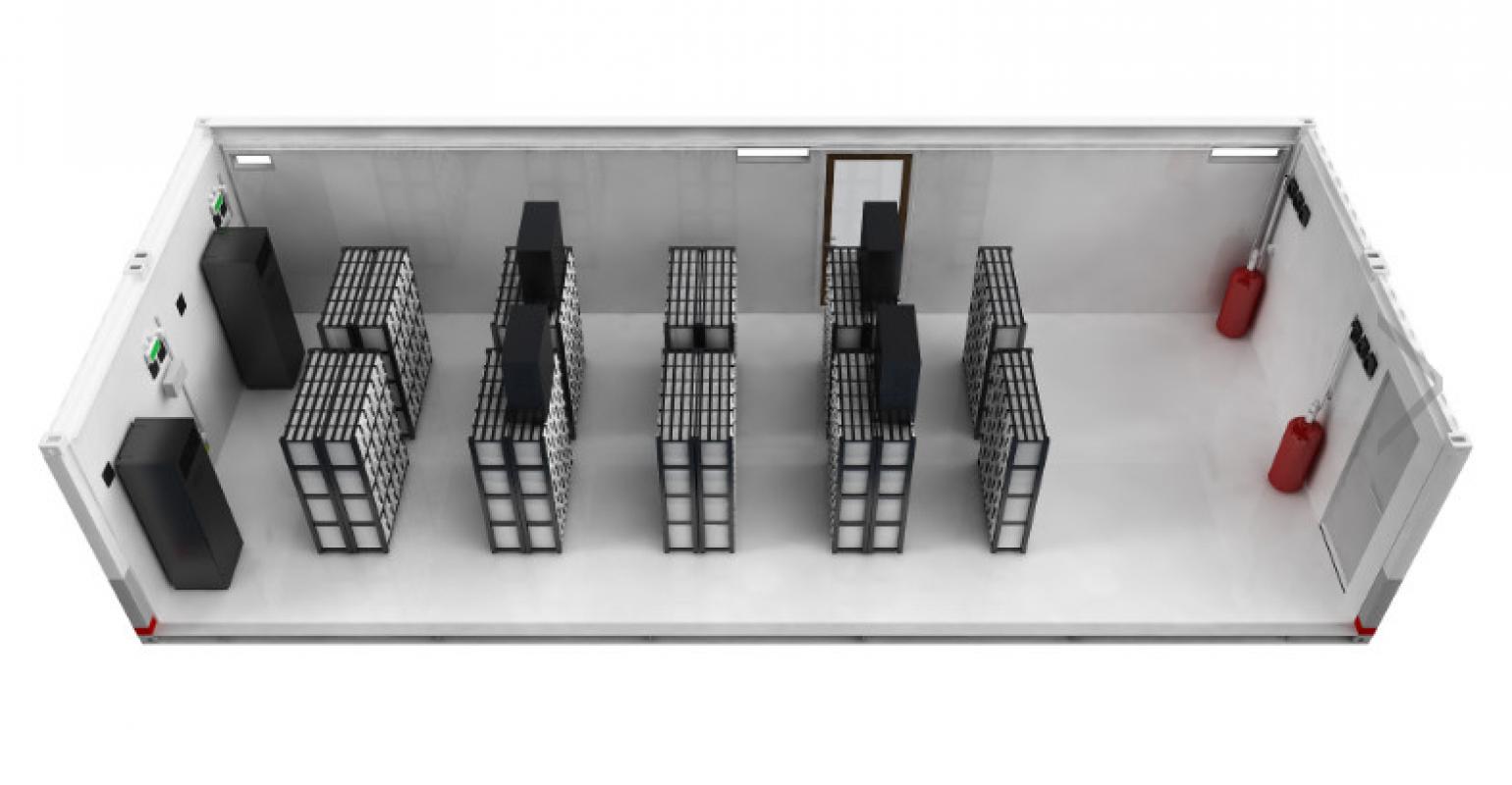Uptime Institute has prepared a certification program for modular data centers

Two years ago, we already wrote that the Uptime Institute had introduced its new data center assessment and certification system, which was called the Efficient IT Stamp of Approval. Then it was said that the new system is a two-tier one, and the main factors used to assess data centers are the efficiency of the infrastructure of the object and its impact on the environment.
Now this organization has also presented a certification program for the reliability of modular data centers. Such objects are becoming increasingly popular for many reasons. But how to evaluate them? Now the Uptime Institute gives its answer.
The new program is called “Tier-ready” , its participants are both manufacturers, suppliers, and users of modular data centers. According to Tier-ready, a supplier can certify its own modular solution, which it sells in order to demonstrate product quality by customers. Well, customers, in turn, are confident that the purchased solution works as it was stated, because it was verified by a third party.
')
The conditions also stipulate that after receiving the Tier-ready certificate by any decision, it should be deployed exactly where the customer indicated. After all the work is done, the Uptime Institute selects a team of experts who study the deployed modular data center and certify it with the help of the usual Uptime Tier program for already constructed objects with the assignment of one of four levels. Clients end up saving time for final certification.
According to representatives of the Uptime Institute, usually a team of experts to decide on the certification of the object must spend at least a week "in the field." If the object is built using modular solutions that previously received the Tier-ready certificate from the Uptime Institute, then the data center certification period for obtaining the Tier Certified certificate is reduced to three to four days.
Usually, time is indeed a critical factor, especially for those companies that deploy a large number of small data centers consisting of modules. This, first of all, is about a DC with the power of computing nodes of 30 kW. Experts of the Uptime Institute claim that most of such facilities will be certified at the Tier I level, although, of course, exceptions are possible.

The program is already running. So in early October, one of the suppliers of modular data centers has already received a certificate of conformity for their product under the new program “Tier ready”. This supplier is Compat Datacenters, whose engineers have certified a 1.2 MW modular solution. The certification process for modular solutions from two more suppliers — Schneider Electric and Huawei — is in the final stages. Both companies are certified modular solutions with a capacity of 90 kW and 230 kW, respectively. The colocation provider Compass Data Centers, which uses its own modular solutions for building new and expanding old data centers, also decided to go through this certification program.
According to the Uptime Institute, modular data centers with a Tier-ready certificate will have the same level of reliability and fault tolerance as conventional “big” data centers that are built using traditional methods.
The management of the Uptime Institute is confident that the Uptime Institute Efficient IT will help increase the efficiency of the DC infrastructure. At the same time, the result cannot be achieved only by purchasing new equipment - it is required to optimize both the operation of the software and the operation of the hardware infrastructure. In addition, it is required to optimize the technological processes of DC. The Uptime Institute believes that the new certification system will allow companies - owners of data centers to show their customers that the DC is fully compliant with all modern requirements, and the infrastructure of such an object is efficient, sustainable and economical.
It is worth noting that the most popular and sought-after system remains the classification of data centers according to the level of reliability, Tier Classification. Now about 500 data centers have passed certification, and the system itself is already more than 20 years old. In the 90s, the concept proposed by the Uptime Institute went from a common idea to a global standard for evaluating data centers.
Source: https://habr.com/ru/post/340350/
All Articles